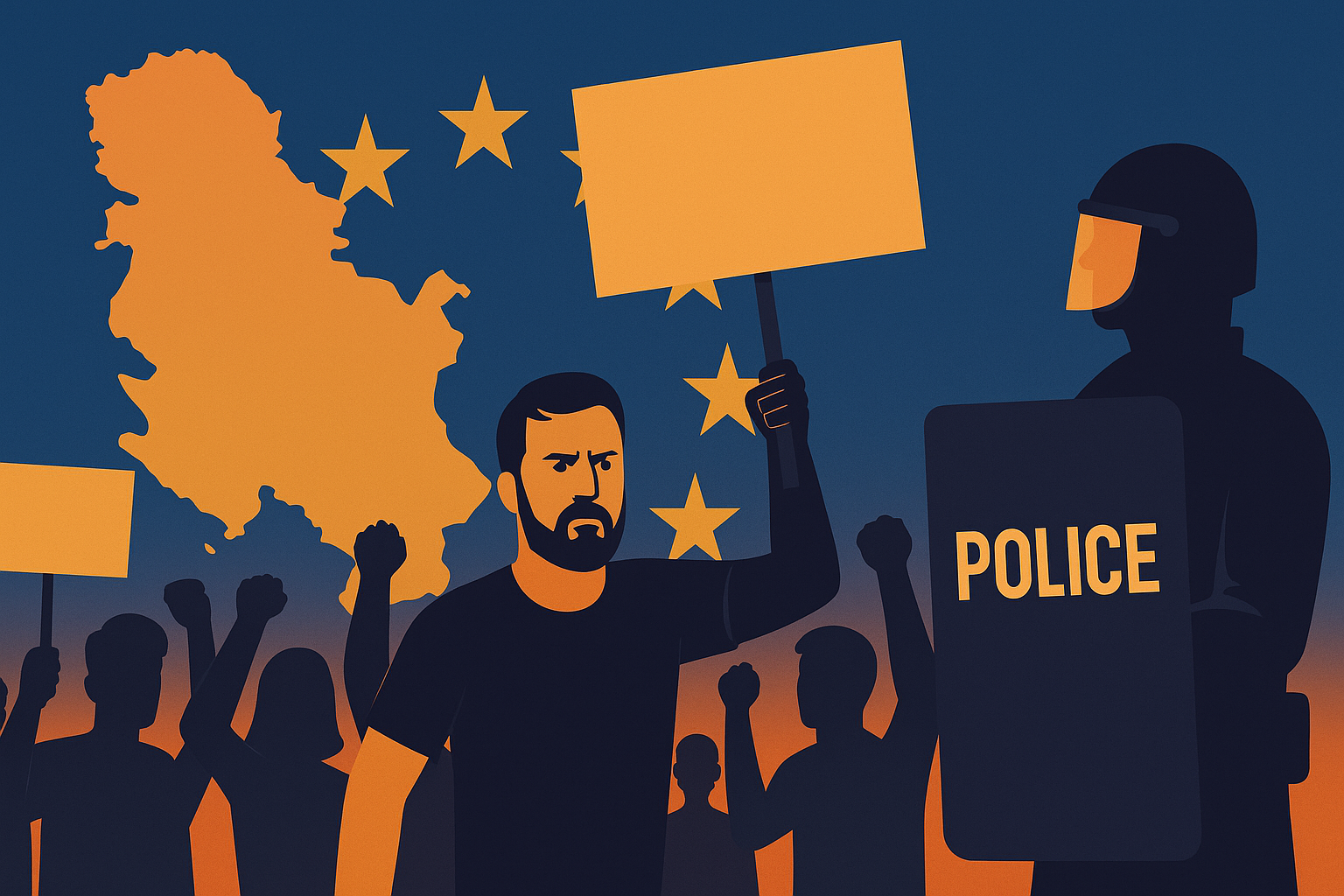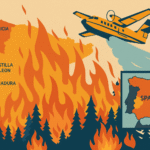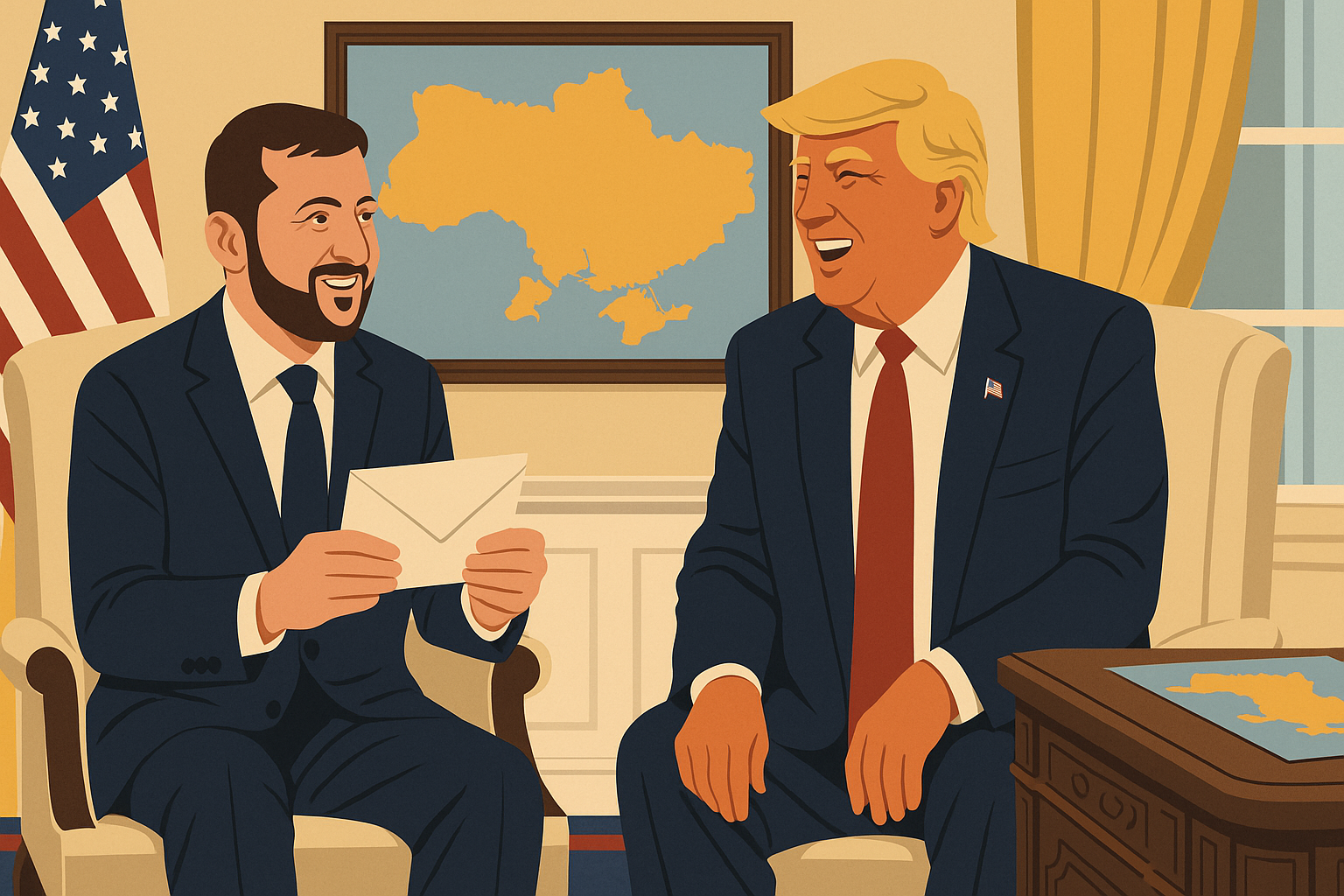Serbia’s President Aleksandar Vučić is facing one of the most decisive moments of his political career. After more than a decade in power — first as prime minister and then as president — Vučić has tightened his control over Serbia’s institutions while balancing complex relationships abroad. Now, as public frustration mounts at home, he faces rising protests and increasing calls for reform.
A Managed Democracy Under Strain
Vučić has long operated what many describe as a “managed democracy” rather than outright autocracy. Over the years, he has intervened heavily in political and media life, limiting space for independent opposition and criticism. Yet he has also cultivated pragmatic ties with global powers: maintaining cordial relations with Moscow without fully aligning with Russia, attracting billions in Chinese investments, and fostering cooperation with the European Union and the United States.
The president has also leveraged Serbia’s untapped lithium reserves as a bargaining chip with European leaders such as Emmanuel Macron and Ursula von der Leyen, who see the mineral as critical for Europe’s push toward energy independence. His ability to “hedge” between East and West has earned him influence abroad — but at home, discontent is growing.
Protests Sparked by Tragedy
Domestic anger escalated following the collapse of a train station canopy in Novi Sad last November, which killed 16 people. The renovation had been carried out by Chinese companies under Beijing’s Belt and Road Initiative, but opposition parties pointed to corruption, weak governance, and lack of oversight as the deeper causes.
Since then, protests have erupted intermittently across Serbia, with demonstrators demanding accountability and, more recently, snap elections. Clashes between protesters and police have become increasingly violent, underscoring the fragility of Vučić’s grip on power.
Nationalist Rhetoric Losing Its Force
Throughout his political career, Vučić — once an extreme nationalist — has often leaned on pan-Serb sentiment and regional disputes involving Serb minorities in Bosnia and Kosovo to bolster his support. However, critics argue this strategy is losing effectiveness as citizens become more concerned with governance failures, corruption, and declining democratic standards.
Reform or Repression?
In theory, Vučić could ease restrictions on the media, create space for opposition parties, and launch independent investigations into scandals such as Novi Sad. These steps would not only address domestic grievances but also improve Serbia’s chances of advancing its stalled EU membership bid.
Yet, consistent with the trajectory of many long-serving leaders, Vučić appears to be opting for the opposite path: intensifying repression and consolidating power.
Europe’s Dilemma
The EU and the UK now face a difficult choice. For years, they have tolerated Vučić’s authoritarian tendencies out of concern that pushing too hard might drive Serbia closer to Russia. This strategy of “indulgence,” however, has allowed democratic backsliding to deepen.
Analysts argue that Brussels and London must act decisively, using economic leverage and Serbia’s EU aspirations to press for accountability and fair elections. Failure to do so risks pushing Serbia further down the path of illiberalism — following the example of Georgia — into a façade of democracy over which Europe has little real influence.
What Comes Next
With the US less engaged in the Balkans, the responsibility for addressing Serbia’s trajectory falls largely on European partners. If Vučić continues to crack down while Western leaders look away, both his government and its permissive backers may be blamed for the erosion of Serbian democracy.








